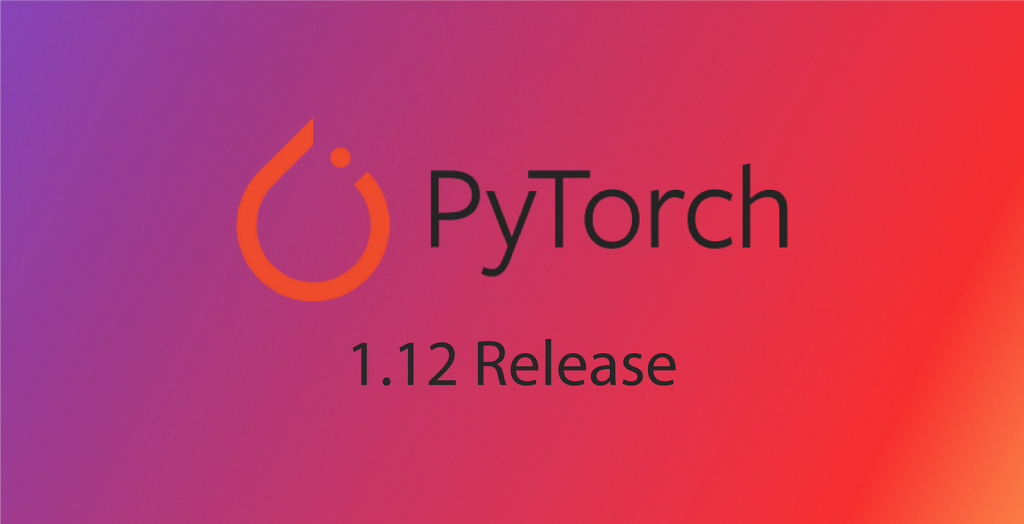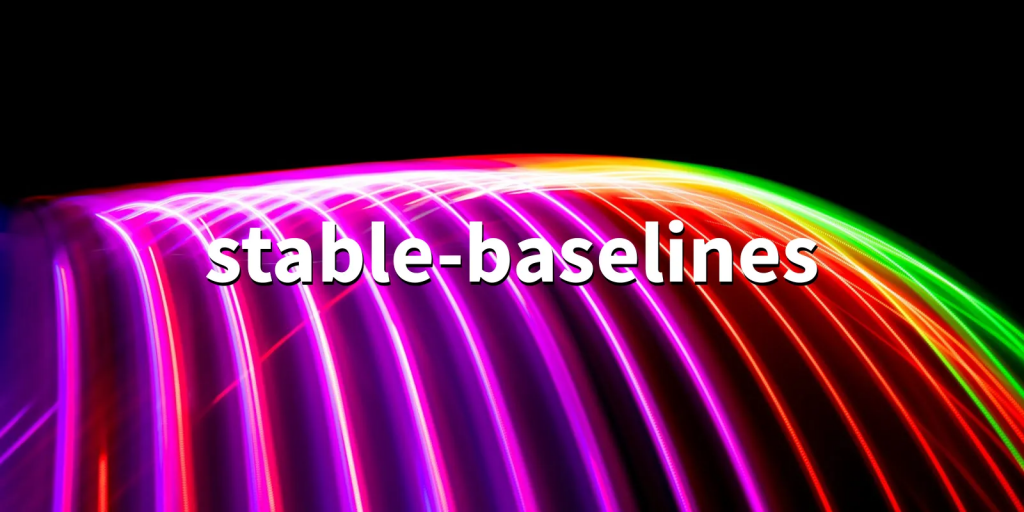
Are you looking to dive into the world of reinforcement learning? Reinforcement learning is a subfield of machine learning that focuses on training agents to make decisions based on rewards and punishments. To get started, you’ll need to choose a reinforcement learning library to work with. In this article, we’ll explore some of the top reinforcement learning libraries available today.
TensorFlow
TensorFlow is a popular open-source library for machine learning, created by Google Brain Team. It is a comprehensive platform for building and deploying machine learning models, including reinforcement learning agents. TensorFlow offers a wide range of features like automatic differentiation, model serving, and distributed training, making it an excellent choice for reinforcement learning.
PyTorch

PyTorch is another popular open-source library for machine learning, developed by Facebook’s AI Research team. PyTorch is known for its ease of use and dynamic computational graph, which makes it a great choice for experimenting with new reinforcement learning algorithms.
Keras-RL
Keras-RL is a reinforcement learning library that is built on top of the Keras deep learning library. It provides a set of high-level APIs that make it easy to build and train reinforcement learning models. Keras-RL also includes implementations of popular reinforcement learning algorithms like Deep Q-Networks (DQN) and Actor-Critic methods.
Stable Baselines

Stable Baselines is a powerful library that offers a collection of state-of-the-art reinforcement learning algorithms in Python. It is built on top of the OpenAI Gym library and provides a simple and easy-to-use API for training and evaluating reinforcement learning agents. Stable Baselines includes implementations of popular algorithms like A2C, TRPO, and PPO.
Ray RLlib
Ray RLlib is a reinforcement learning library built on top of the Ray distributed computing framework. It provides a comprehensive set of APIs for building and training reinforcement learning models, including support for distributed training and hyperparameter tuning. Ray RLlib includes implementations of popular algorithms like DQN, A3C, and IMPALA.
Dopamine

Dopamine is a reinforcement learning library developed by Google. It is designed to provide a flexible and easy-to-use framework for building and training reinforcement learning agents. Dopamine includes implementations of popular algorithms like DQN and C51, as well as a set of tools for visualizing and analyzing your reinforcement learning experiments.
RLkit
RLkit is a reinforcement learning library developed by the Berkeley Artificial Intelligence Research (BAIR) Lab. It is built on top of PyTorch and provides a set of high-level APIs for building and training reinforcement learning models. RLkit includes implementations of popular algorithms like DDPG and SAC, as well as tools for visualizing and analyzing your results.
Conclusion
There are many reinforcement learning libraries available today, each with its own strengths and weaknesses. Choosing the right library depends on your specific needs and goals. Whether you’re looking for a comprehensive platform like TensorFlow or a simple and easy-to-use library like Keras-RL, there is a reinforcement learning library out there that is perfect for you. So, get started today and start training your own reinforcement learning agents!
Email- contact@devopsschool.com

 Starting: 1st of Every Month
Starting: 1st of Every Month  +91 8409492687
+91 8409492687  Contact@DevOpsSchool.com
Contact@DevOpsSchool.com
